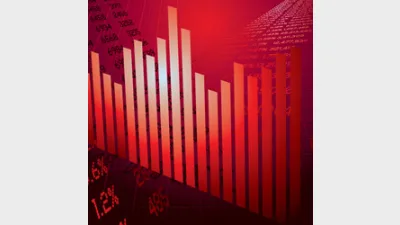Clearing competition could impact ASX liquidity



The Association of Superannuation Funds of Australia (ASFA) remains unconvinced of the benefits of introducing competition into clearing and settlement in the Australian market and said it may have negative impacts on the management of superannuation assets.
An ASFA discussion paper on the development of Australia's capital markets said leakage of settlement to competitors might result in a fragmented market and impact on liquidity.
Although the organisation has been working with the ASX to resolve liquidity issues, ASFA said introducing competition could have particularly negative affects on an existing problem.
"While the top end of the market consists of companies that are heavily traded, among the bottom end of the market there are significant issues around liquidity," it said.
ASFA said any further impacts on liquidity could result in super funds increasing or reducing the amount of investment allocated to those areas of the market.
"The reduction of superannuation capital could have a significant impact on the ability of parts of the ASX market to grow over time," it said.
The paper said competition should be assessed in terms of its impact on liquidity, as should dark pools, which may reduce transactions costs in the US but may impact on the liquidity of ASX200 companies.
ASFA welcomed recent legislation regarding high frequency trading, but said it had significant concerns about messaging and other market behaviour which could potentially increase the volatility of investments.
Insufficient attention was also being given to the market, regulatory and policy level impacts of encouraging a diversified capital market.
"The long-term impact of concentration risk is that in order to achieve portfolio diversification, superannuation funds will allocate new funds outside of the ASX," ASFA said.
Concentration risk could have a long-term impact of the allocation to Australia's capital market by super funds, it said.
The ASX had targeted listings in the resource sector and now lists global companies, but not enough attention or controls were in place to safeguard against environmental, social and governmental risks, according to ASFA.
Recommended for you
Australia’s superannuation funds are becoming a defining force in shaping the nation’s capital markets, with the corporate watchdog warning that trustees now hold systemic importance on par with banks.
Payday super has passed Parliament, marking a major shift to combat unpaid entitlements and strengthen retirement outcomes for millions of workers.
The central bank has announced the official cash rate decision for its November monetary policy meeting.
Australia’s maturing superannuation system delivers higher balances, fewer duplicate accounts and growing female asset share, but gaps and adequacy challenges remain.










